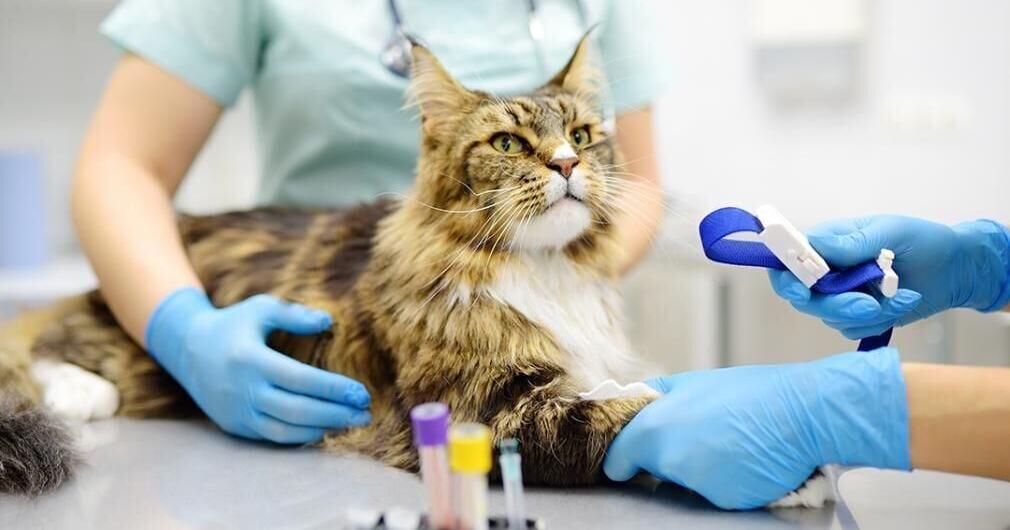As winter sets in, pet owners must be aware of the challenges faced by senior animals. Cold temperatures can lead to stiff joints and reduced mobility, particularly affecting older pets. According to veterinary experts, maintaining gentle activity during these months is essential for keeping senior pets like Phoebe, a senior dog from Holmen, comfortable and active.
Veterinarians emphasize the importance of regular exercise, even in colder weather. Short walks can help older pets stay limber and support their overall health. Engaging in consistent, light activity not only helps maintain muscle tone but also enhances joint flexibility. This is especially important for senior pets who may already be experiencing signs of arthritis or other mobility issues.
Understanding the Effects of Cold Weather
The drop in temperature can have significant effects on senior pets. Cold snaps can exacerbate conditions like arthritis, making it difficult for pets to move comfortably. According to the American Veterinary Medical Association, signs that pets may be struggling with cold weather include reluctance to go outside, limping, or showing discomfort while moving.
To combat these issues, pet owners are encouraged to provide warm bedding, limit outdoor time during extreme cold, and consider pet-friendly warming products like heated blankets or pads. Keeping pets well-groomed can also help, as a clean coat retains body heat more effectively.
Practical Tips for Pet Owners
Veterinary professionals recommend several strategies to help senior pets thrive in winter. First, maintaining a consistent exercise routine is crucial. Short, frequent walks can keep pets engaged while allowing them to enjoy the outdoors without overexertion.
Nutrition also plays a vital role during colder months. Providing a well-balanced diet can help senior pets maintain their energy levels and overall health. Some veterinarians suggest adjusting portion sizes or considering diets with higher caloric content to support older pets during winter.
Additionally, pet owners should monitor their pets for any signs of discomfort. Regular check-ups with a veterinarian can help identify any underlying health issues that may be exacerbated by the cold.
In summary, as winter approaches, pet owners must be proactive in ensuring their senior pets remain healthy and active. By understanding the impacts of cold weather and implementing practical strategies, owners can help their beloved companions navigate the season comfortably.







